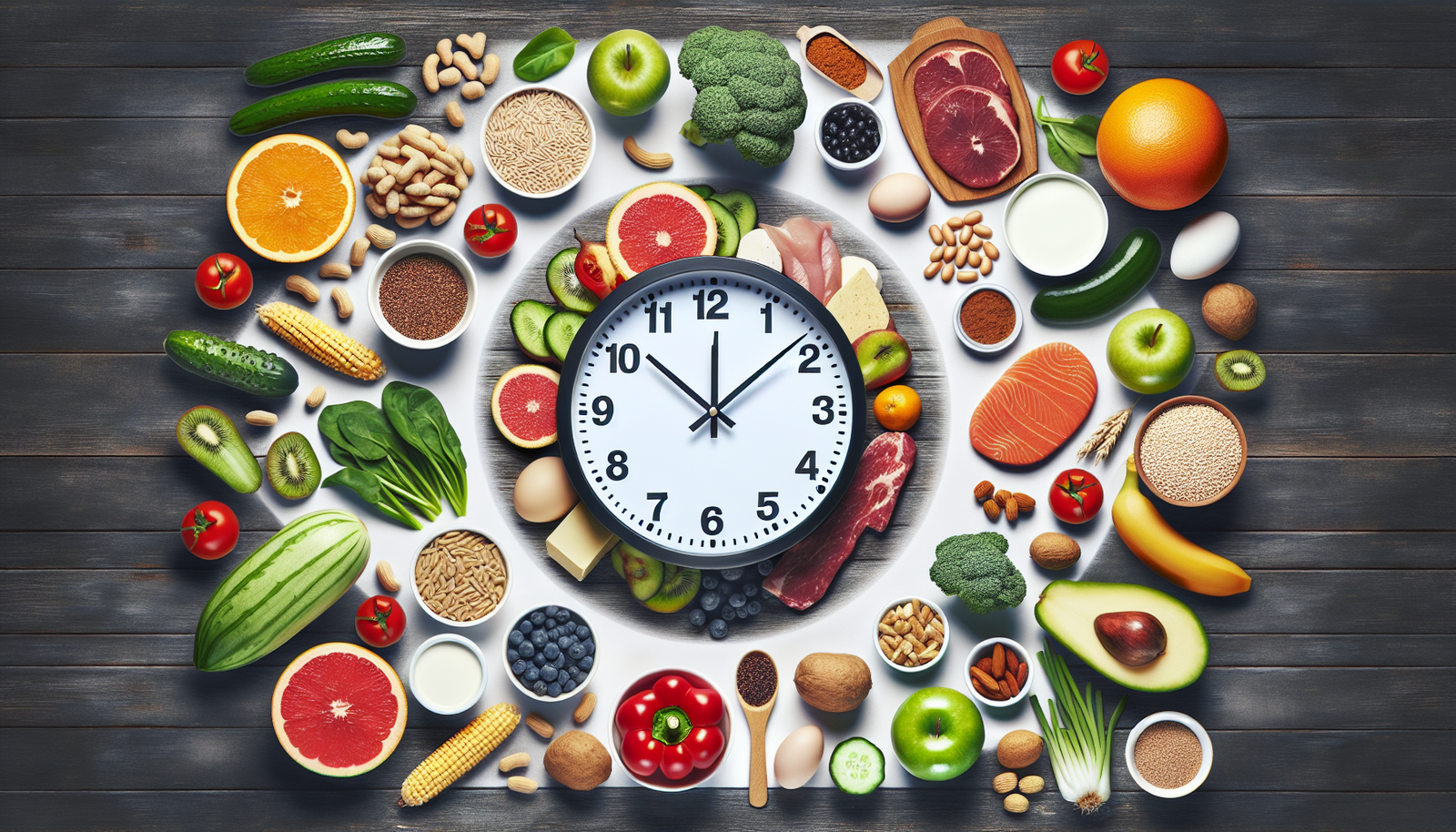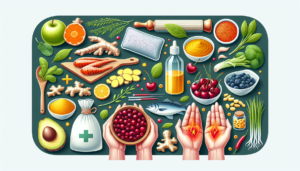The Power of Hydration: Quenching Your Energy Thirst
The Importance of Hydration
Hydration plays a crucial role in maintaining overall health and wellness. Water accounts for approximately 60% of body weight and is essential for various bodily functions, including digestion, circulation, transportation of nutrients, regulation of body temperature, and even muscle movement. Hydration significantly influences energy levels. Without adequate water intake, fatigue and reduced cognitive function often emerge, impacting daily productivity and overall well-being.
How Much Water Do You Need?
To optimize hydration, it’s important to understand the guidelines for daily water intake. The National Academies of Sciences recommends roughly 3.7 liters (or about 13 cups) for men and 2.7 liters (or about 9 cups) for women daily. However, numerous factors influence these requirements:
-
Activity Level: Individuals participating in intense physical activities, such as athletes or those engaging in manual labor, may require more hydration to compensate for fluid losses through sweat.
-
Climate: Living in hot or humid environments increases the body’s need for water. The body’s cooling mechanism through sweating demands more fluid intake in high-temperature conditions.
-
Diet: Foods with high water content—such as fruits and vegetables—contribute toward daily hydration. Conversely, high salt or protein diets may necessitate increased water consumption.
- Health Status: Conditions like fever, diarrhea, or vomiting can lead to rapid fluid loss, requiring increased hydration to prevent dehydration.
Signs of Dehydration
Recognizing the signs of dehydration is vital for maintaining optimal hydration levels. Symptoms range from mild to severe and include:
- Thirst: The body’s primary signal for dehydration.
- Dry Mouth: A decrease in saliva production leads to dryness.
- Fatigue: Lack of water disrupts oxygen transport, leading to feelings of exhaustion.
- Reduced Urination: Dark yellow urine is often a sign of dehydration.
- Dizziness: Insufficient blood volume due to dehydration can lead to dizziness or lightheadedness.
Health Benefits of Staying Hydrated
Hydration plays an instrumental role in numerous bodily functions and provides various health benefits that extend beyond just quenching thirst.
-
Enhanced Physical Performance: Proper hydration significantly impacts exercise performance. Dehydration can lead to decreased strength, endurance, and overall athletic performance. Water helps regulate body temperature during physical exertion, ensuring optimal functioning.
-
Improved Cognitive Function: Hydration levels influence cognitive abilities, such as focus, memory, and alertness. Studies have indicated that even mild dehydration can impair cognitive performance, particularly in tasks that require attention and memory retention.
-
Weight Management: Increased water consumption can aid in weight management. Drinking water before meals can promote a feeling of fullness, potentially reducing calorie intake. Additionally, water replaces higher-calorie beverages, contributing to overall decreased caloric consumption.
-
Digestive Health: Sufficient hydration is essential for digestion. Water aids in the breakdown of food and the absorption of nutrients. Dehydration contributes to constipation and digestive discomfort, underscoring the importance of adequate fluid intake for gut health.
- Skin Health: Proper hydration helps maintain skin elasticity, softness, and prevents dryness and flakiness. Hydrated skin appears more vibrant and youthful, reducing the visibility of fine lines and wrinkles.
Water versus Other Beverages
While water is the best choice for hydration, other beverages can contribute to fluid intake, albeit with caution. Here’s a comparison:
-
Juices and Soft Drinks: High in sugars and calories; while they provide hydration, they can lead to weight gain and other health issues when consumed excessively.
-
Caffeinated Drinks: Coffee and teas can be diuretic in nature but can still contribute to hydration when consumed in moderation. The overall hydration effect can offset the mild diuretic property.
- Electrolyte Drinks: Beneficial for intense workouts, these drinks replenish both fluids and essential minerals lost through sweat. However, they can be high in sugars, so it’s best to use them sparingly.
Hydration Tips for Optimal Energy Levels
-
Carry a Water Bottle: Having a reusable water bottle accessible encourages consistent sipping throughout the day.
-
Flavor Your Water: Adding slices of fruits, vegetables, or herbs can make water more appealing, enhancing your desire to stay hydrated.
-
Set Reminders: Use mobile apps or alarms to remind you to drink water at regular intervals.
-
Eat Water-Rich Foods: Incorporate hydrating foods like cucumbers, watermelon, and oranges into your diet.
-
Monitor Urine Color: A simple way to gauge hydration status; aim for pale yellow as an optimal color.
-
Drink Before You Feel Thirsty: Thirst is not always the first sign of dehydration. Make it a habit to drink water regularly, even when you don’t feel thirsty.
- Adjust for Activity and Climate: Increase water intake during hot weather or before and after exercising to replenish lost fluids.
The Role of Electrolytes
Electrolytes, including sodium, potassium, magnesium, and calcium, are crucial for maintaining hydration. They help regulate fluid balance, nerve function, and muscle contractions. During intense workouts or prolonged physical activity, replenishing electrolytes alongside water is vital. Here are some ways to incorporate electrolytes into your hydration strategy:
-
Consuming Sports Drinks: Ideal during or after intense exercise but choose low-sugar options when possible.
-
Eating Balanced Meals: Foods such as bananas (potassium), nuts (magnesium), and dairy products (calcium) can help replenish lost electrolytes.
- Using Electrolyte Tablets or Powders: These can be added to water for a convenient way to ensure adequate electrolyte intake, particularly for endurance athletes.
Hydration and Mental Health
The importance of hydration transcends physical wellness and extends into mental health. Adequate hydration has been found to correlate with improved mood and emotional well-being. Studies reveal that even mild dehydration can lead to increased feelings of anxiety, tension, and fatigue, adversely affecting daily life. Additionally, staying adequately hydrated can contribute to improved sleep patterns, further enhancing overall mental health.
Tips for Staying Hydrated Throughout the Day
-
Morning Routine: Start your day with a glass of water to rehydrate your body after a night of sleep.
-
Infuse Your Water: Adding pearls of flavor, like lemon, mint, or berries, can make drinking more enjoyable.
-
Hydration Apps: Use technology to track daily water intake through dedicated apps.
-
Teach Kids About Hydration: Educate younger family members on the importance of hydration, instilling healthy habits early on.
-
Make Water Accessible: Keep water stations available in communal areas at home, schools, or workplaces.
- Utilize Food as Hydration Sources: Incorporate soups, smoothies, and broths into your diet, providing both hydration and nourishment.
Myths About Hydration
Numerous myths surrounding hydration can lead to misconceptions. Here, we address a few:
-
Myth 1: You Need Eight Glasses of Water a Day: Individual needs vary based on several factors, including activity levels and climate. It’s essential to listen to your body’s cues.
-
Myth 2: Thirst Quenches All Hydration Needs: Thirst is typically a late signal; aiming to hydrate regularly is better for maintaining optimal health.
- Myth 3: All Fluids Are Equal: While fluid intake is crucial, not all beverages promote hydration equally. Water remains the gold standard.
Conclusion
Hydration is a powerful tool for enhancing energy levels, optimizing health, and supporting cognitive functions. Staying adequately hydrated increases physical performance, improves mood, aids digestion, and contributes to weight management. By understanding the guidelines for water intake, recognizing the signs of dehydration, and implementing practical hydration strategies, you can harness the transformative power of water. Prioritize hydration in your daily routine to create a healthier, more energetic lifestyle.








